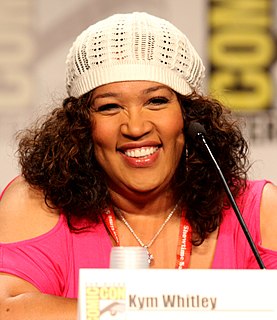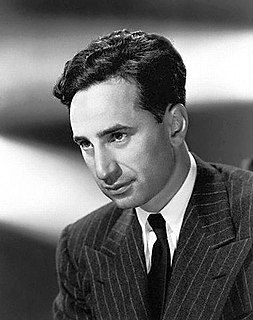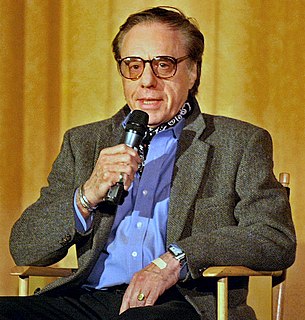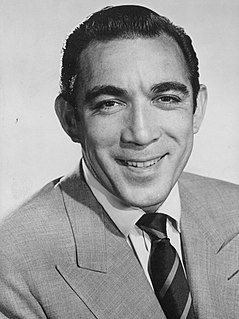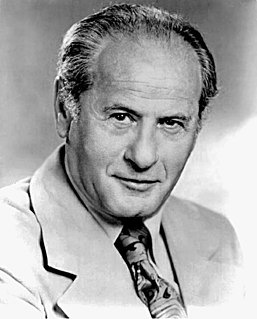A Quote by Kym Whitley
I worked with Marlon Wayans on the show 'They Wayans Brothers,' and we hit it off. One thing about Marlon, when he casts a movie or a TV show, he expects you to bring it. You've got to be ready to improv, because Marlon will say anything, and you've got to be ready to come back.
Related Quotes
Before I made it big I worked as a dishwasher, washing dishes in this place called Dishwasher House where people could just come in and do whatever they wanted to the dishes and we had to clean them with our hands till they bled. A lot of struggling actors worked there-Downey Jr., Joaquin Phoenix, Damon Wayans, Marlon Wayans, Keenen Ivory Wayans-and we actually all kind of wish we still did.
I wish I could sit back and say, 'Oh, I'm gonna wait for a Merchant-Ivory film to come my way. Or Ivory-Merchant. Whatever it's called. But you just take what's given and then, hopefully, down the road you can be more choosy and only do, say, Wayans brothers movies. That's my goal: to be more Merchant-Ivory-Wayans.
I always tell new people in show business. I say, "Look, show business pays you a lot of money, because eventually you're gonna get screwed. And when you get screwed, you will have this pile of money off to the side already." And they go, "OK, OK. OK, you ready? You ready?" "I got screwed." "You got the pile of money?" "Yeah, I'm fine." I mean, that's the way it works.
'The Martin Show,' the 'Jamie Foxx show,' 'Living Single,' 'The Wayans Brothers,' 'Hanging with Mr. Cooper...' Some of these shows were good, some were typical television, but they facilitated a lot of work for blacks in front of as well as behind the camera. A lot of us in Hollywood thought it was the beginning of a real racial breakthrough.
